(A brief summary of the address given by the Blessed Paul VI when he was Archbishop of Milan on 16 November 1955 at the St. Camillus Sanctuary of Milan on the occasion of the feast day of Our Lady of Health).
Devotion to Our Lady brings here so many of the faithful who gather around her altar with an extraordinary frequency and spontaneity. And yet this can generate two objections. The first is that of those who say that people turn to Our Lady only in times of need, when there is something that they do not manage to do with their own strength. The other is that which defines piety towards the Most Holy Mary as a self-interested piety designed to achieve material possessions.
The first objection is clearly formulated by those people who are not informed about the Christian context and it is easy to demolish it. When we turn to Mary asking her to help us in our need we also recognise her goodness and her power. We go to her because she is great, thereby affirming that the more a man has received from God the greater he is. And at the same time we praise her because she loves us and we are glad about her greatness and her goodness. Our requests, therefore, honour Our Lady: she is Our Lady of Health; she is so great that God placed her in His plan of Redemption so that today she plays a very important part in our salvation.
As regards the second objection, it is very natural that man turns to Our Lady at times of pain. When we suffer we are very alone; alone in suffering the limitations that come from our physical maladies; and it is logical that we then seek someone to whom to turn, and it is good that we turn to Our Lady.
She is very beautiful and very sweet and man must go to her when he feels alone and sorrowful. All of us suffer: and our prayers must be extended to all those who suffer. The more are prayers are extended, the more they will be pleasing to Most Holy Mary who loves us all as her children. These are prayers that must include ourselves and our neighbours, all those people with whom we have ties of proximity. Here there are no boundaries. Human communications require material means and are therefore limited; they can be broadened with the discoveries of technology and thus we can, in addition to speaking directly, write and telephone with ever greater velocity and at ever greater distances. But there will always be limits.
Supernatural communications, on the other hand, take place in a higher sphere and do not have boundaries: through the Communion of Saints we can even unite ourselves to those who live in the mysterious life beyond. So our prayers must be broad and must educate us to think that what we do has no value if we do not serve and implement the plan of God. There are spiritual maladies that are much greater than physical ones, for which, indeed, we pray. On the other hand, the graces connected with our physical health are granted to us by God with supreme freedom.
We have all seen poor sick people go to Lourdes, to Loreto…to ask for health for their bodies and not obtain it; do they perhaps return with bitterness because they have endured a defeat? No! They return with peace and a sense of acceptance, with a hope that is adherence to the plan of God, which is our salvation. This sense of peace is given by Our Lady, and it is for this reason that she can be called truly in the fullest sense: OUR LADY OF HEALTH.
Source: Vita nostra 1955, pp. 592-593.
Press information



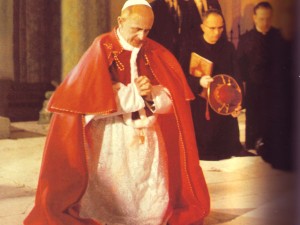
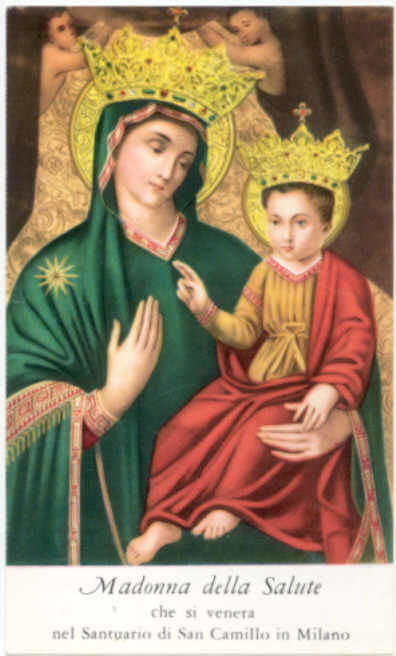
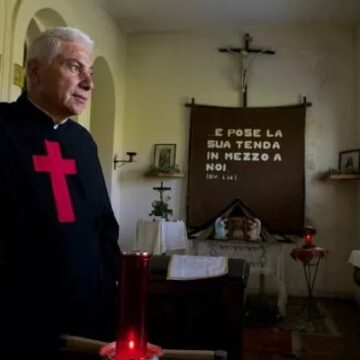

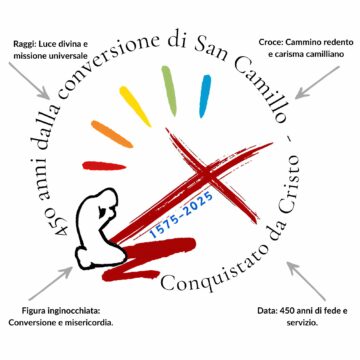


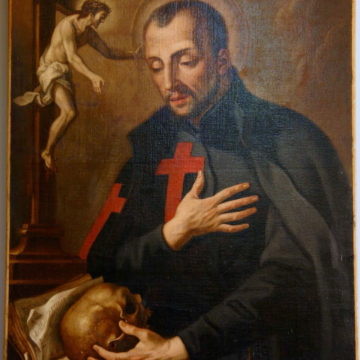


Camillians on Facebook
Camillians on Twitter
Camillians on Instagram